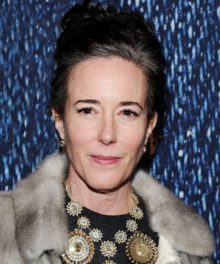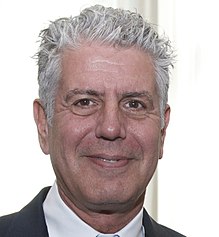

I have to admit I don’t understand. Kate Spade and Anthony Bourdain, two people who have reached the pinnacle of their professions, rising above the crushing competition of people clawing to get ahead, having all the money they need and more, commit suicide.
Most people struggle to stand out in their careers, come up with the money to pay their bills and hopefully put aside enough for enjoyment while they keep dreaming of a better life. And they don’t commit suicide.
In my novel True Mercy, I wrote of young women going through the nightmare of being tricked into sex slavery. Every moment is a horror. Another subject in my novel is the stresses and challenges of taking care of a loved one with autism, where the individual’s moods and behaviors are unpredictable. Caregivers often get frazzled and are in desperate need of respite. To my knowledge, neither Kate Spade nor Anthony Bourdain experienced challenges such as these.
Spade rose to be a world-renown fashion icon famous for her prized signature handbags. Bourdain was an author and chef who traveled the world telling stories and sampling each culture’s cuisine on his award-winning television show. Needless to say, they could live wherever they wanted, command respect for their talents and accomplishments, and live the lives most of us only fantasize about.
Each one had a young child. Part of being a parent is living to protect and take care of your children. No matter how bad things get the instinct of a parent is to be there for their child. After all, if a parent is not watching over them, who will?
I remain dumbfounded by these suicides. They had everything to live for, what the vast majority of us strive for every day. They rose above the everyday concerns most of us have. I suppose the only way to understand what was wrong would be to find out what was going on in their heads. But it’s too late for that. So we are left scratching our own heads.
The only conclusion I can come up with comes from the book of Ecclesiastes in the Bible:
“that God sometimes grants a man riches, property, and wealth, so that he does not want for anything his appetite may crave, but God does not permit him to enjoy it; instead, a stranger will enjoy it. That is futility and a grievous ill.”
Ecclesiastes 6:2